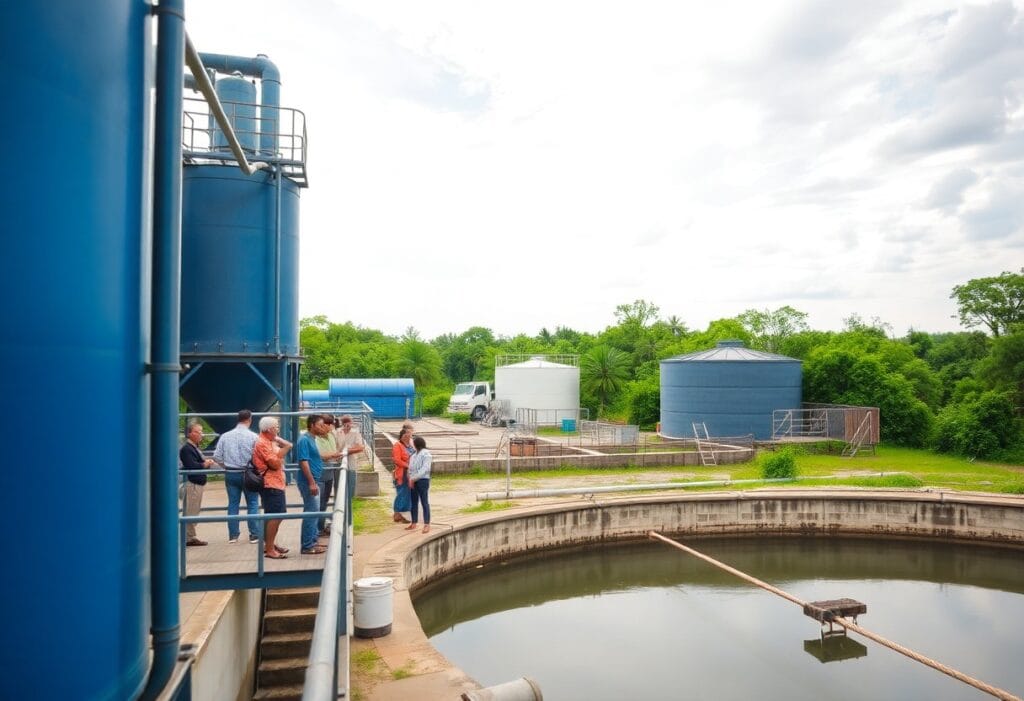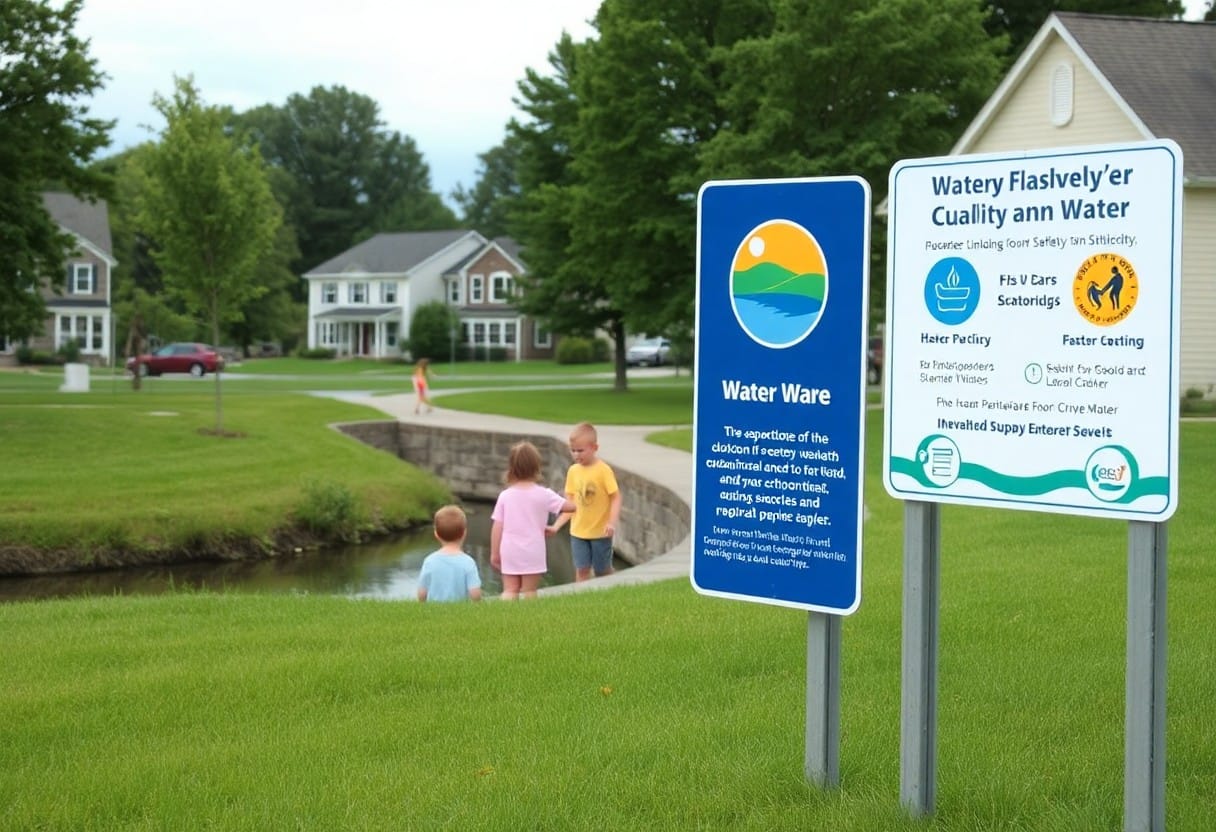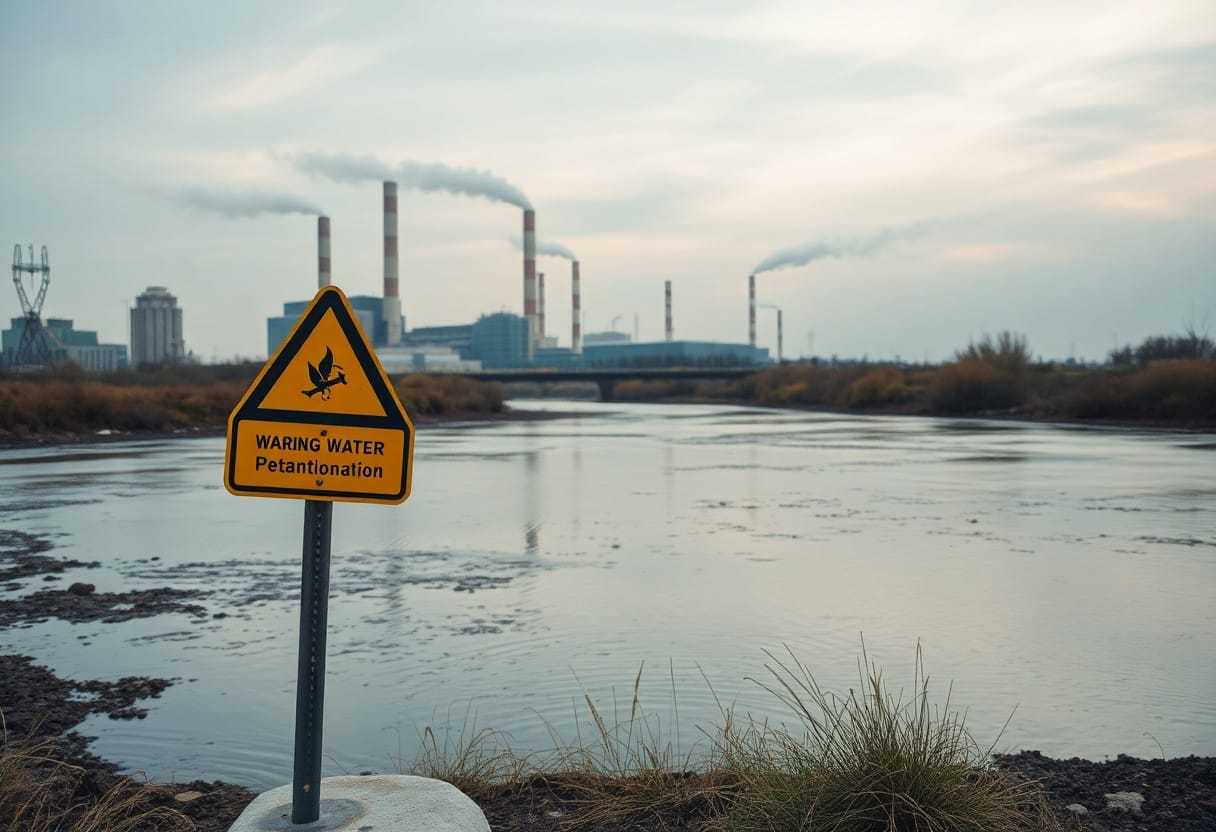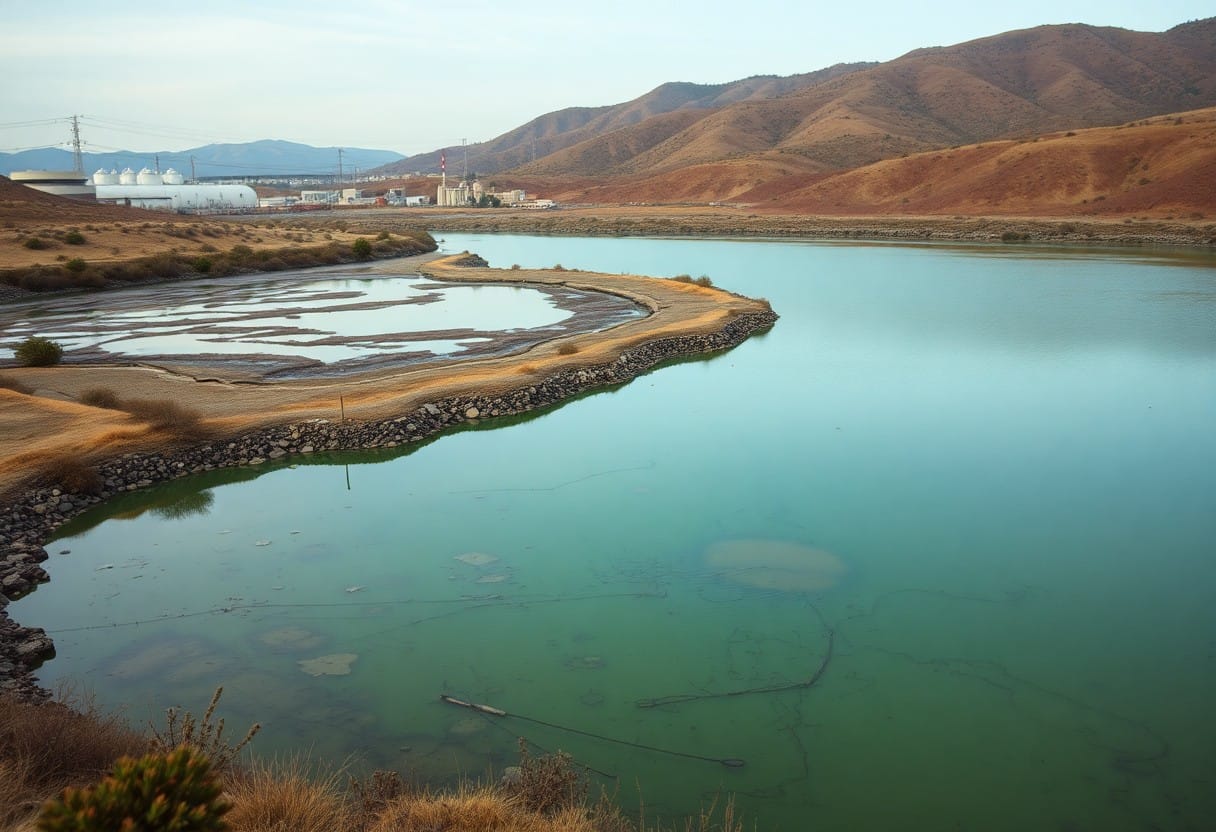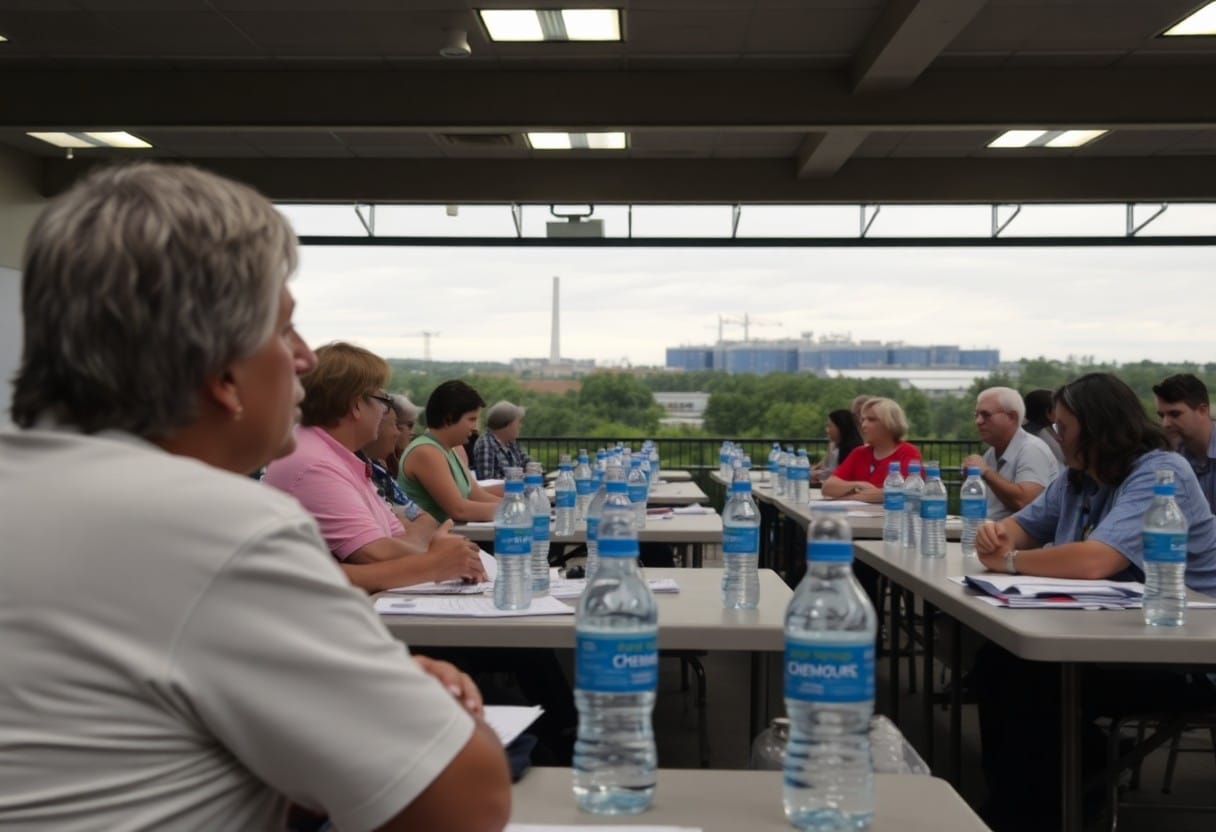Fayetteville is facing a significant water crisis due to contamination linked to Chemours. As a resident, it’s vital for you to understand the steps that Chemours must undertake to address this pressing issue. First, they should invest in advanced filtration systems to ensure your water is safe for consumption. Additionally, the company must commit to ongoing monitoring of water quality and engage with your community for transparency. Finally, they must provide compensation for affected residents to support those who have endured the consequences of this environmental challenge.
Understanding the Fayetteville Water Crisis
Overview of Water Contamination Issues
Across the United States, the issue of water contamination has come into sharp focus, and Fayetteville is no exception. This community has been grappling with the presence of per- and polyfluoroalkyl substances (PFAS) in its water supply, commonly known as “forever chemicals.” These substances are notoriously persistent in the environment and can accumulate in the human body, leading to various health concerns, including liver damage, immune system effects, and increased risk of certain cancers. As a resident, this means you may be directly affected by the quality of the water you rely on daily. It’s crucial to stay informed about the levels of these contaminants in your drinking water and potential health implications.
Impact on Local Communities
Communities around Fayetteville are feeling the weight of the water crisis as they face both environmental and health-related challenges. Many residents have reported symptoms they believe are linked to contaminated water, creating a palpable sense of anxiety and distrust toward local authorities and the companies involved in mitigating the crisis. This lack of trust can have profound effects on community cohesion and engagement as well, making it crucial for you to not only stay informed but also actively participate in local discussions and advocacy for better water safety measures.
And, the ripple effects of the water crisis extend beyond health concerns. Economic impacts, such as decreasing property values and the potential for businesses to relocate, threaten the long-term sustainability of the community. As you navigate these challenges, understand that addressing this situation isn’t solely about the quality of water; it’s about protecting your community’s future. By staying informed and engaged, you can help push for meaningful solutions that ensure safe drinking water for all residents.
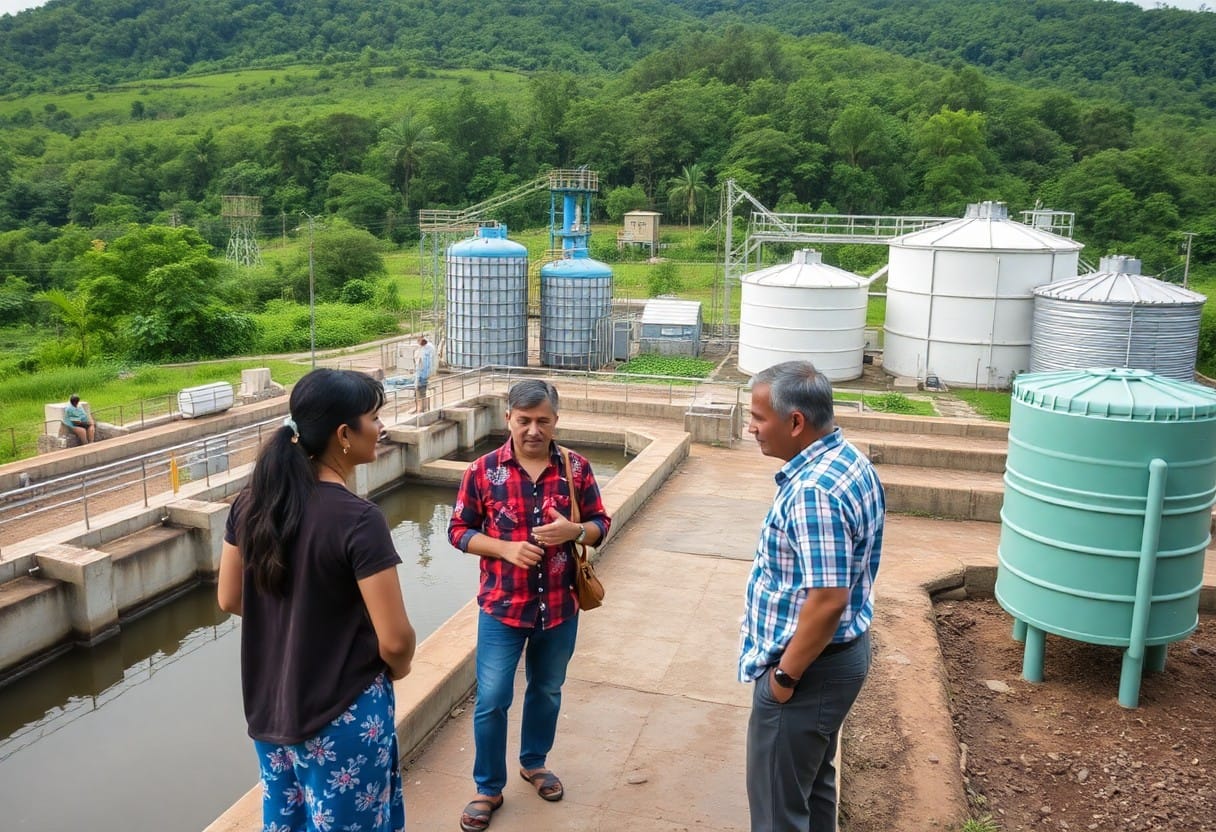
Chemours’ Role in the Crisis
One of the primary actors in Fayetteville’s water crisis is Chemours, a chemical manufacturing company with significant operations in the area. Your understanding of this situation is vital, as it has far-reaching implications for public health and environmental safety. The company’s Fayetteville Works plant has been linked to the contamination of local water sources with per- and polyfluoroalkyl substances (PFAS). These harmful chemicals have raised alarm due to their potential health risks, making it imperative for Chemours to take responsibility and address the situation effectively.
Historical Context of Chemours’ Operations
Chemours has had an extensive history in Fayetteville, operating the manufacturing facility since its inception. Over the years, the plant has produced a range of chemicals that have been instrumental in various industrial applications. However, as you research deeper into its operations, it becomes clear that the lack of stringent environmental measures in the past has contributed significantly to the current water contamination issues faced by the local community.
Legal and Financial Responsibilities
Between ongoing litigation and potential fines, Chemours is facing significant legal and financial pressures due to its role in the water crisis. The company has been involved in numerous lawsuits concerning water contamination, which not only threaten its financial stability but also demand that it take appropriate action to remedy the situation. As you consider Chemours’ obligations, it is evident that the legal repercussions stemming from their operations require immediate attention to prevent further environmental harm.
Understanding the complexities of Chemours’ legal and financial responsibilities is important for appreciating the broader implications. The company must navigate both state and federal regulations, which could result in hefty penalties if found liable for violating environmental laws. Furthermore, your awareness of Chemours’ commitment to rectify its past mistakes is necessary, as positive steps towards accountability can lead to solutions that benefit both the community and the environment. It is imperative for you to stay informed about these developments as they unfold.
Steps for Remediation
While the Fayetteville community grapples with the ongoing water crisis, it is imperative that Chemours takes swift action to remediate the situation. First and foremost, the company must acknowledge their responsibility in the contamination of local water sources and engage directly with residents to build trust. Implementing effective communication channels is imperative for transparency and to alleviate concerns among citizens. This includes regular updates on the remediation process, environmental impacts, and testing results to ensure residents are well-informed about their water safety.
Immediate Actions to Address Contamination
About immediate actions, Chemours should prioritize establishing a comprehensive testing program that regularly monitors water quality in affected areas. By collaborating with local environmental agencies and independent experts, you can ensure that testing methods are reliable and that results are made accessible to the community. Moreover, providing clean alternative water sources, through emergency water distribution programs or temporary access to bottled water, will help alleviate the immediate impacts of contamination while longer-term solutions are developed.
Long-term Solutions for Water Safety
To achieve lasting improvements in water safety, Chemours must invest in advanced treatment technologies capable of removing harmful substances from the water supply. This might include installing state-of-the-art filtration systems or implementing innovative purification processes designed specifically for the contaminants in question. You will benefit from comprehensive strategies that encompass not just immediate fixes but also sustainable practices aimed at preventing future contamination, ensuring that your water supply is safe and clean for generations to come.
Water safety is not merely a temporary fix but a long-term commitment to the health of the Fayetteville community. Through robust investment in infrastructure and proactive engagement with affected residents, Chemours has the opportunity to positively impact the region’s environment. By eliminating contaminants and ensuring stringent safety measures, you can foster confidence that you are deserving of safe drinking water and an overall improved quality of life.
Community Engagement and Transparency
Your involvement is important in addressing the water crisis in Fayetteville. To foster a relationship of trust, Chemours must actively engage with the community and maintain a transparent dialogue about the steps they are taking to mitigate pollution from GenX and other contaminants. As highlighted in the article Chemours Must Cut GenX Water Pollution, effective communication that reaches all residents—including marginalized communities—is vital. Substantive outreach programs, town hall meetings, and regular updates on the status of environmental remediation are necessary components of a robust community engagement plan. Transparency about the potential health impacts and ongoing monitoring of water quality will also empower residents to make informed decisions about their health and safety.
Communication Strategies with Residents
For Chemours to effectively communicate with residents impacted by the water crisis, it is important to utilize diverse methods tailored to the local demographics. This could include multilingual information sessions, distribution of easy-to-read newsletters, and collaboration with local organizations that have established trust within the community. Utilizing social media and online forums could also ensure real-time updates and foster an inclusive dialogue where residents can openly share their concerns and experiences.
Involving Stakeholders in Decision-Making
For meaningful change, Chemours must actively involve stakeholders in the decision-making process regarding environmental policies and pollution control measures. Stakeholders, including local government representatives, health experts, and community leaders, can offer diverse perspectives that enrich the decision-making landscape. With this collaboration, you can enhance the effectiveness of remediation efforts and ensure that the community’s priorities are adequately represented in discussions surrounding contamination and environmental justice. This inclusive approach may lead to more sustainable and accepted solutions, ultimately fostering community resilience.
Regulatory Compliance and Oversight
Despite the ongoing challenges associated with Fayetteville’s water crisis, a robust framework of regulatory compliance and oversight exists to ensure the safety of public water supplies. It is your right and responsibility to demand that the Chemours company adheres strictly to these regulations. Regulatory bodies, both state and federal, have established a set of standards that manufacturers must follow to minimize potential contamination and protect public health. Your awareness of these regulations can empower you to hold Chemours accountable for any lapses in compliance that may occur.
State and Federal Regulations Impacting Chemours
Across the United States, including North Carolina, water quality is safeguarded by an array of state and federal regulations. For instance, the Environmental Protection Agency (EPA) has set limits on certain hazardous chemicals that can be present in drinking water, while state agencies enforce additional guidelines tailored to local conditions. Understanding these regulations is vital as they enable you to discern whether Chemours is meeting its obligations and to identify any potential risks your community might face due to insufficient compliance.
Monitoring and Reporting Requirements
An necessary component of regulatory compliance is the monitoring and reporting requirements imposed on companies like Chemours. These requirements mandate regular testing of water sources for pollutants and the timely reporting of results to the relevant regulatory bodies. You should be aware that consistent monitoring can identify potential adverse effects before they escalate into significant health risks, thus ensuring your community’s safety.
Regulatory agencies impose stringent monitoring and reporting requirements on Chemours to maintain oversight of its environmental impact. This involves not only routine water quality tests but also the need to disclose findings transparently. You can stay informed about these results through local reports and community meetings. Furthermore, if Chemours fails to report any adverse findings, it raises concerns about their commitment to accountability and your right to safe drinking water. Engaging with these processes will help ensure that the company remains transparent in its operations.
The Path Forward
Unlike past crises that were ignored or downplayed, the current water situation in Fayetteville demands immediate and decisive action from Chemours. Your ability to trust in the safety and quality of your drinking water should be a top priority for the company, as well as for local authorities. Proactive steps must be taken to implement solutions that not only address existing contamination but also prevent future occurrences. This firm commitment to transparency and accountability will be important in restoring public confidence and ensuring long-term sustainability.
Collaboration with Local Authorities
By forging partnerships with local government agencies, Chemours can establish a more effective and coherent response to Fayetteville’s water crisis. This collaboration should involve regular communication, sharing of best practices, and cooperative efforts in monitoring water quality. You, as a member of the affected community, will benefit from the creation of forums for public dialogue, offering you a voice in the decision-making process that impacts your water safety. By working together, Chemours and local authorities can craft targeted programs to mitigate contamination risks and provide educational resources tailored specifically to your community’s needs.
Future Implications for Water Management
Between the immediate responses to the Fayetteville crisis and the long-term strategies for preventing similar issues, it is vital to consider how this situation will shape future water management practices. You must recognize that improved water management creates a stronger buffer against potential hazards and builds resilience in local ecosystems. Through this enhanced approach, integrating innovative technologies and policies can lead to a cleaner, healthier water supply.
Forward-thinking measures in water management can profoundly reshape the landscape of your community’s resources. Investments in infrastructure rehabilitation and state-of-the-art filtration systems can make a significant difference in your daily access to safe water. Additionally, engaging the public in sustainability practices will foster a culture of responsibility that continues to safeguard this vital resource for generations. Your active participation in this process will empower local efforts, ensuring that water quality remains a shared objective between Chemours, local authorities, and you.
Final Words
With this in mind, it’s clear that addressing Fayetteville’s water crisis requires a multi-faceted approach from Chemours. You must prioritize transparency by openly communicating with the community about water safety and the steps being taken to mitigate contamination. Engaging with local stakeholders, including health officials and environmental groups, will foster trust and allow you to understand the specific concerns of the residents affected by this issue. Implementing comprehensive testing and monitoring programs will ensure that water quality is consistently assessed, giving the community peace of mind regarding their supply.
In addition, you should develop a long-term remediation plan that not only addresses current water quality issues but also sets the stage for sustainable practices going forward. Investing in advanced filtration systems and alternative water sources will help safeguard Fayetteville’s water for the future. As you work towards these solutions, consider establishing a community advisory board to provide ongoing feedback and foster a collaborative atmosphere. By taking these vital steps, you will not only help alleviate the immediate crisis but also demonstrate your commitment to the health and well-being of the Fayetteville community.


